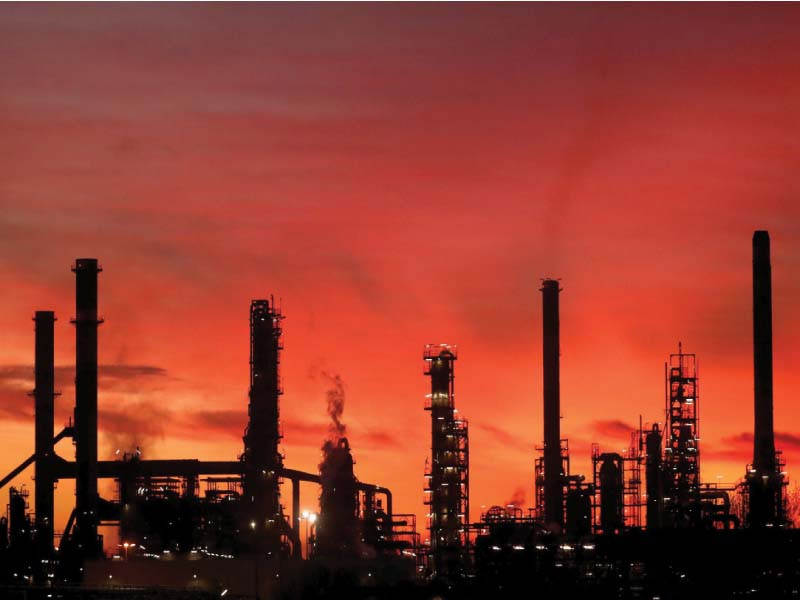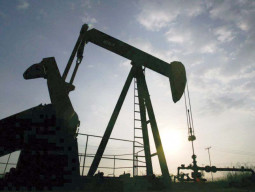
In a long-awaited move, Pakistan has introduced Very Low Sulphur Furnace Oil (VLSFO), the only approved fuel for sea voyages worldwide since January 1, 2020. This development marks a significant step in the right direction, allowing the country to resume the supply of fuel to vessels after a four-year suspension.
The National Refinery Limited (NRL), on Monday, announced its successful production and supply of Very Low Sulphur Furnace Oil (VLSFO), also known as ‘bunker fuel,’ following necessary changes in the crude mix and production processes. In a notification to the Pakistan Stock Exchange (PSX), NRL highlighted that VLSFO is a premium and environmentally friendly fuel mandated for all sea vessels under International Maritime Organisation (IMO) 2020 regulations. Due to its limited availability, demand for VLSFO remains stable, making it an essential component in maintaining sustainable refinery operations, independent of seasonal fluctuations.
The launch of VLSFO, if proven commercially viable, has automatically reduced the production of outdated furnace oil at NRL. Previously, this outdated fuel overflowed storage facilities, prompting refineries to slow down the production of high-value products like petrol and diesel. In recent times, some domestic refineries even exported outdated furnace oil at a loss to make room for more profitable products.
The shift away from outdated furnace oil resulted from both power producers and vessels discontinuing its use. Power production transitioned to cheaper options like coal, while the use of outdated furnace oil in vessels was globally banned effective January 1, 2020. Notably, outdated furnace oil contains 3.5% sulphur content, while VLSFO boasts a significantly lower 0.5% sulphur content.
Tahir Abbas, Head of Research at Arif Habib Limited, revealed that VLSFO is currently priced at Rs225,000 per tonne in Pakistan, compared to the Rs195,000 per tonne price tag for outdated furnace oil. Most of NRL’s new VLSFO production is expected to be sold to the state-owned Pakistan National Shipping Corporation (PNSC), responsible for cargo import and export via vessels, he said.
Abbas explained that the refinery achieved VLSFO production by using Arab super-light crude oil, which contains lower levels of hazardous sulphur. Pakistan’s refineries primarily import Arab light crude to manufacture refined petrol, diesel, and other products. The sustainability of continuing to import Arab super-light crude and producing VLSFO remains a challenge for the industry, with questions surrounding the feasibility of producing and marketing the new product.
Nonetheless, the introduction of VLSFO is anticipated to lead to positive gross margins at NRL, potentially reversing its slight negativity. NRL’s latest financial report for the nine-month period ending on March 31, 2023, revealed that the fuel segment incurred a net loss of Rs9.58 billion, compared to a Rs217 million loss during the same period the previous year. The challenges included a lacklustre demand for outdated furnace oil during the third quarter due to winter conditions and reduced demand for other petroleum products due to lower economic activity nationwide. Consequently, the company operated at a reduced throughput of 57%, down from 61% in the corresponding period of the previous year.
Notably, nearly 60% of global demand for furnace oil originates from the marine sector. IMO regulations stipulated that any ship found operating on high-sulphur content oil after the January 1, 2020 deadline would be globally detained, fined, and required to replace the oil with the approved low-sulphur alternative.
Published in The Express Tribune, September 26th, 2023.
Like Business on Facebook, follow @TribuneBiz on Twitter to stay informed and join in the conversation.




1731655243-0/BeFunky-collage-(61)1731655243-0-165x106.webp)













COMMENTS
Comments are moderated and generally will be posted if they are on-topic and not abusive.
For more information, please see our Comments FAQ